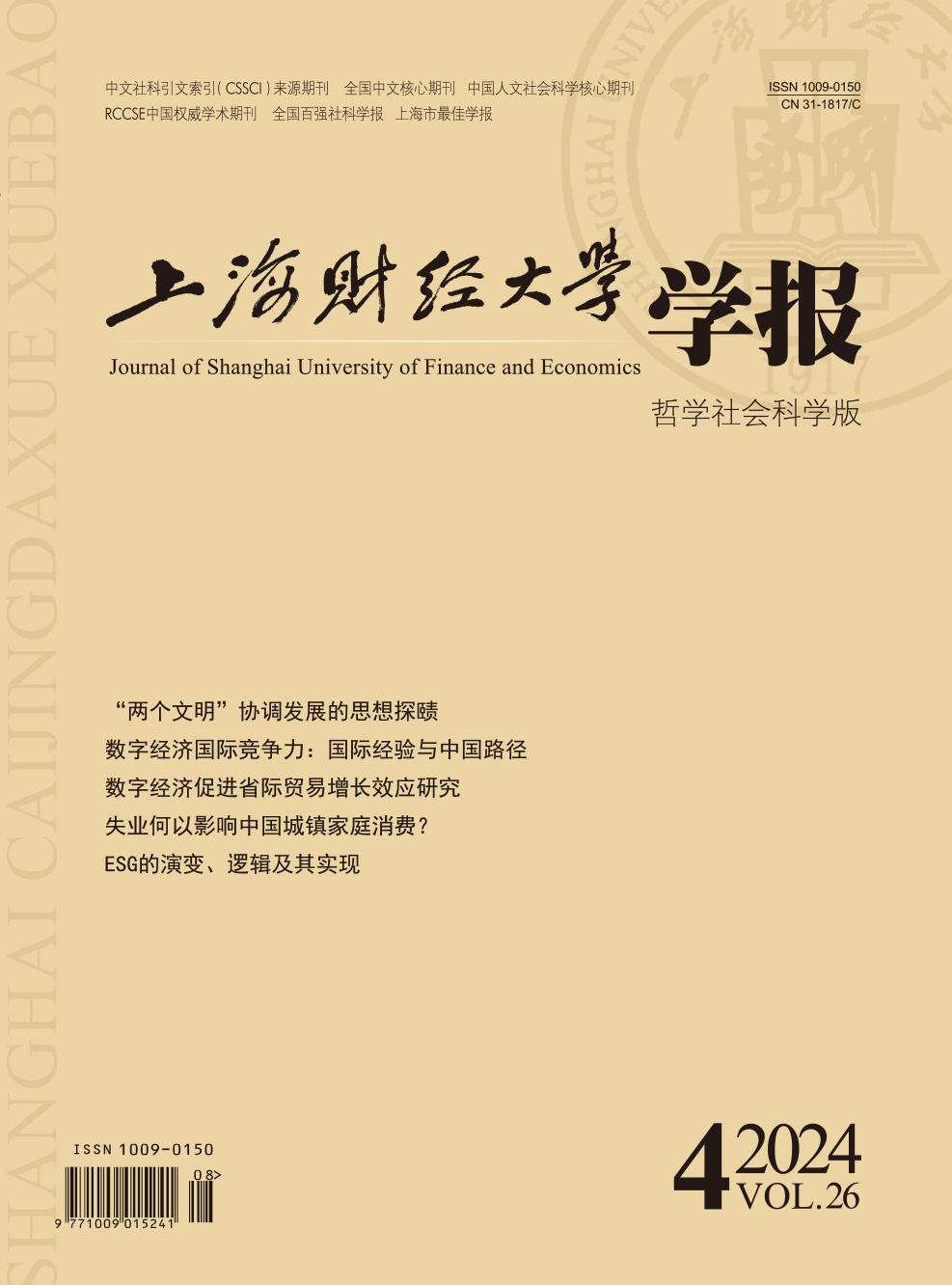Based on the monthly frequency survey of urban households in China from 2004 to 2014, this paper evaluates the impact of unemployment shocks on urban household consumption, as well as the relative importance of various consumption insurance mechanisms. The results show that: First, within the six months of encountering unemployment shocks, household income declines by an average of 25%, while consumption only falls by 6%, indicating that urban households are able to provide more effective insurance against unemployment shocks. Second, among over 200 categories of consumption expenditure, the most significant decreases are observed in food services, transportation and communication, medical care, and durable goods, accounting for 94% of the total reduction in consumption. Third, social security such as unemployment insurance, as well as the wealth accumulated by the rapid economic growth since the reform and opening up, have played an important role in smoothing consumption. In contrast, the contributions of mechanisms such as borrowing from relatives and friends or banks, and the labor supply from spouses, are relatively minor. This paper has clear policy implications: First, it is recommended to refine the incentive mechanisms of the unemployment insurance system to ensure a positive correlation between contributions and benefits. For pension and medical insurance, the larger the contribution base before retirement (illness), the greater the pension (or reimbursement amount) received after retirement (illness). In contrast, the standard for unemployment insurance benefits should not exceed the local minimum wage standard. This asymmetry in the right-obligation relationship may dampen the enthusiasm of employees to participate in unemployment insurance. Second, there is a need to increase the protection for low-skilled workers. Individuals with lower skills, who often work in the informal sector, face higher unemployment risks and are less likely to be covered by social security, so addressing this gap should be considered a priority for future reforms. Third, accurately identifying changes in the consumption patterns of unemployed families is crucial for targeted enhancement of their welfare. Unemployed families tend to reduce their spending on food services and transportation and communication due to decreased social activities and work-related outings, but these changes have a limited impact on family welfare. Therefore, policymakers should pay more attention to changes in medical and durable goods consumption, and support in these areas has a more significant role in improving the quality of life of unemployed families.
 / Journals / Journal of Shanghai University of Finance and Economics
/ Journals / Journal of Shanghai University of Finance and EconomicsJournal of Shanghai University of Finance and Economics
LiuYuanchun, Editor-in-Chief
ZhengChunrong, Vice Executive Editor-in-Chief
GuoChanglin YanJinqiang WangWenbin WuWenfang, Vice Editor-in-Chief
How will Unemployment Affect Household Consumption in Urban China?
Journal of Shanghai University of Finance and Economics Vol. 26, Issue 04, pp. 92 - 106 (2024) DOI:10.16538/j.cnki.jsufe.2024.04.007
Summary
References
Summary
Keywords
Cite this article
Zhao Da, Guo Jingyuan, Song Ze. How will Unemployment Affect Household Consumption in Urban China?[J]. Journal of Shanghai University of Finance and Economics, 2024, 26(4): 92-106.
Export Citations as:
For
ISSUE COVER
RELATED ARTICLES




 3166
3166  4102
4102

